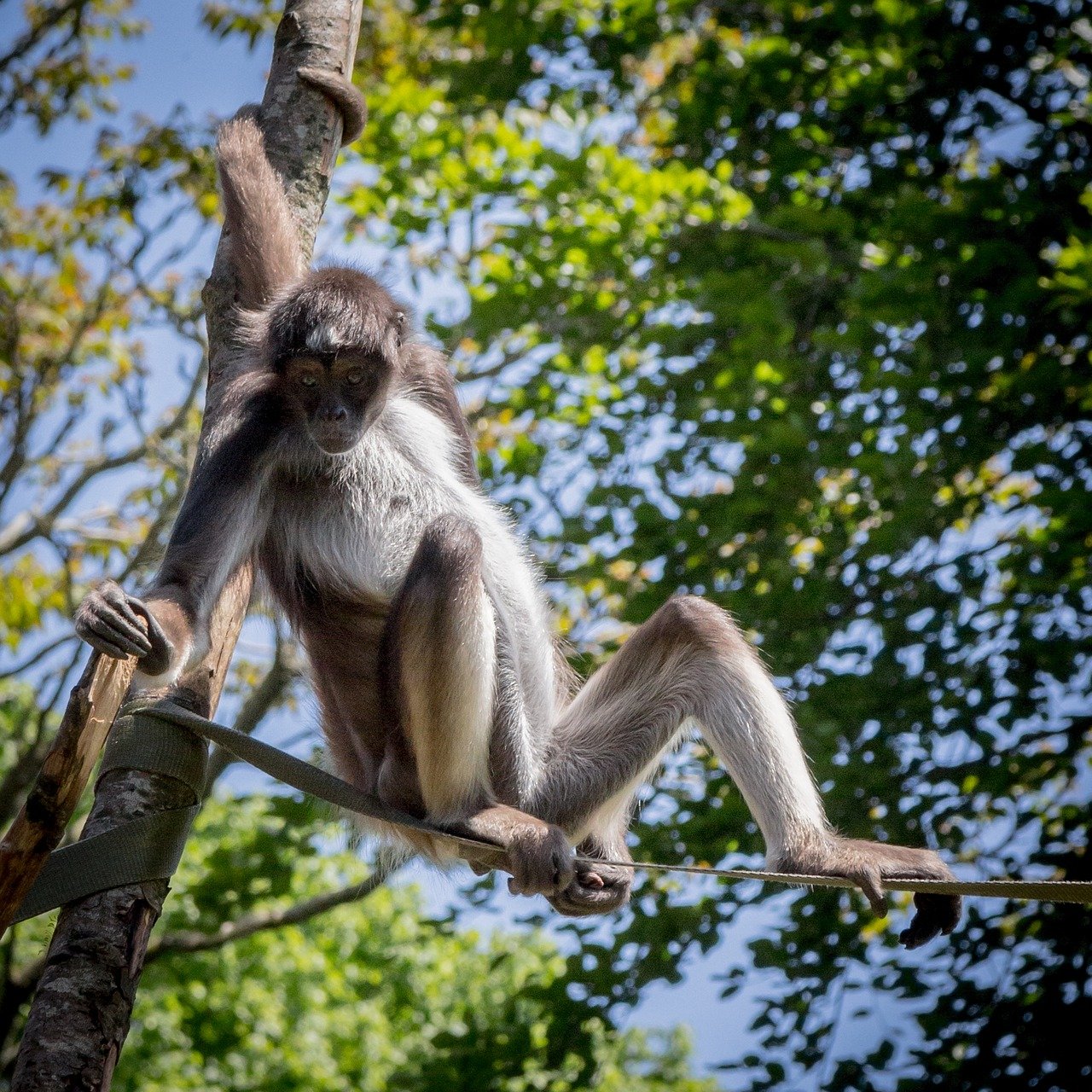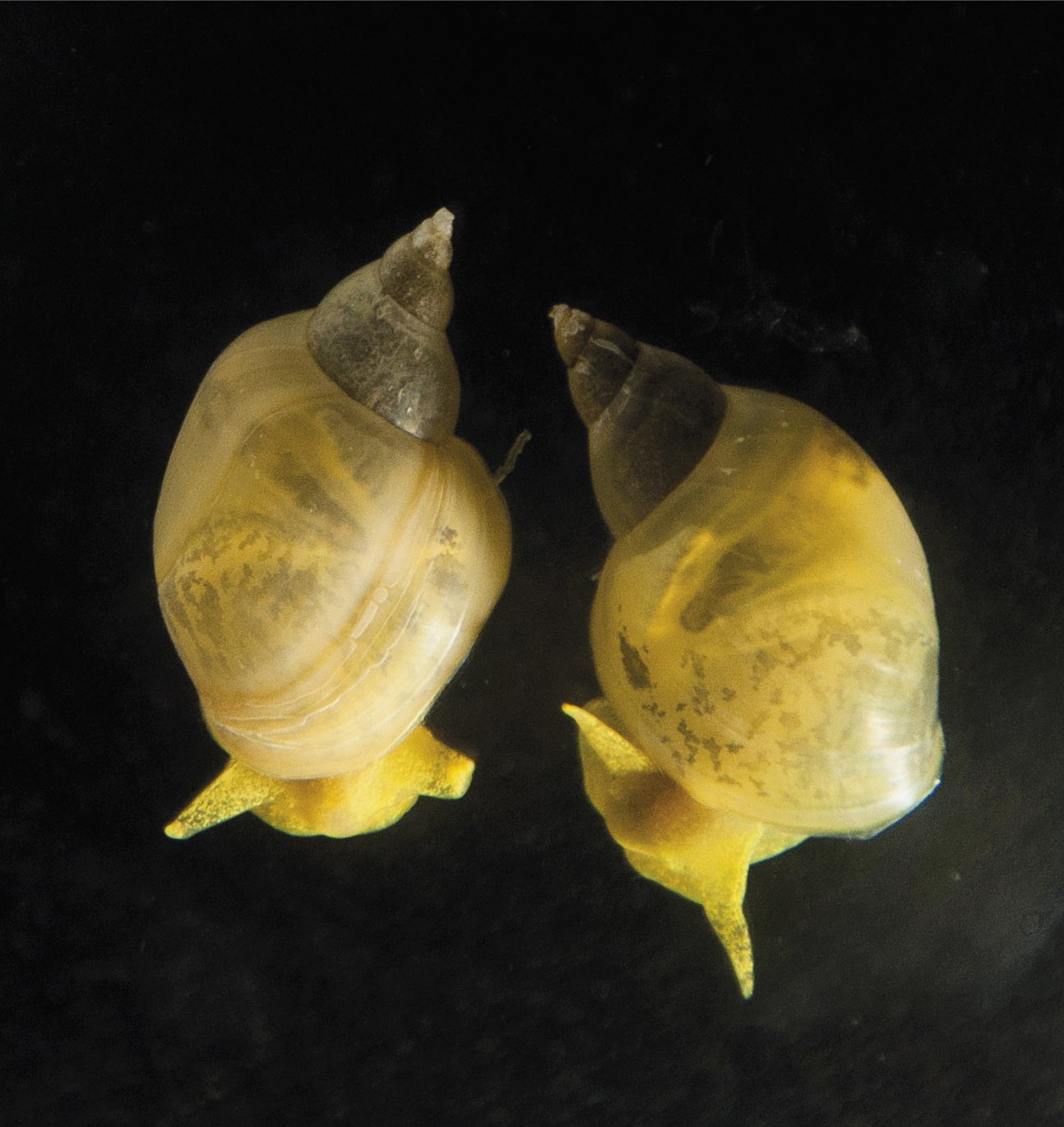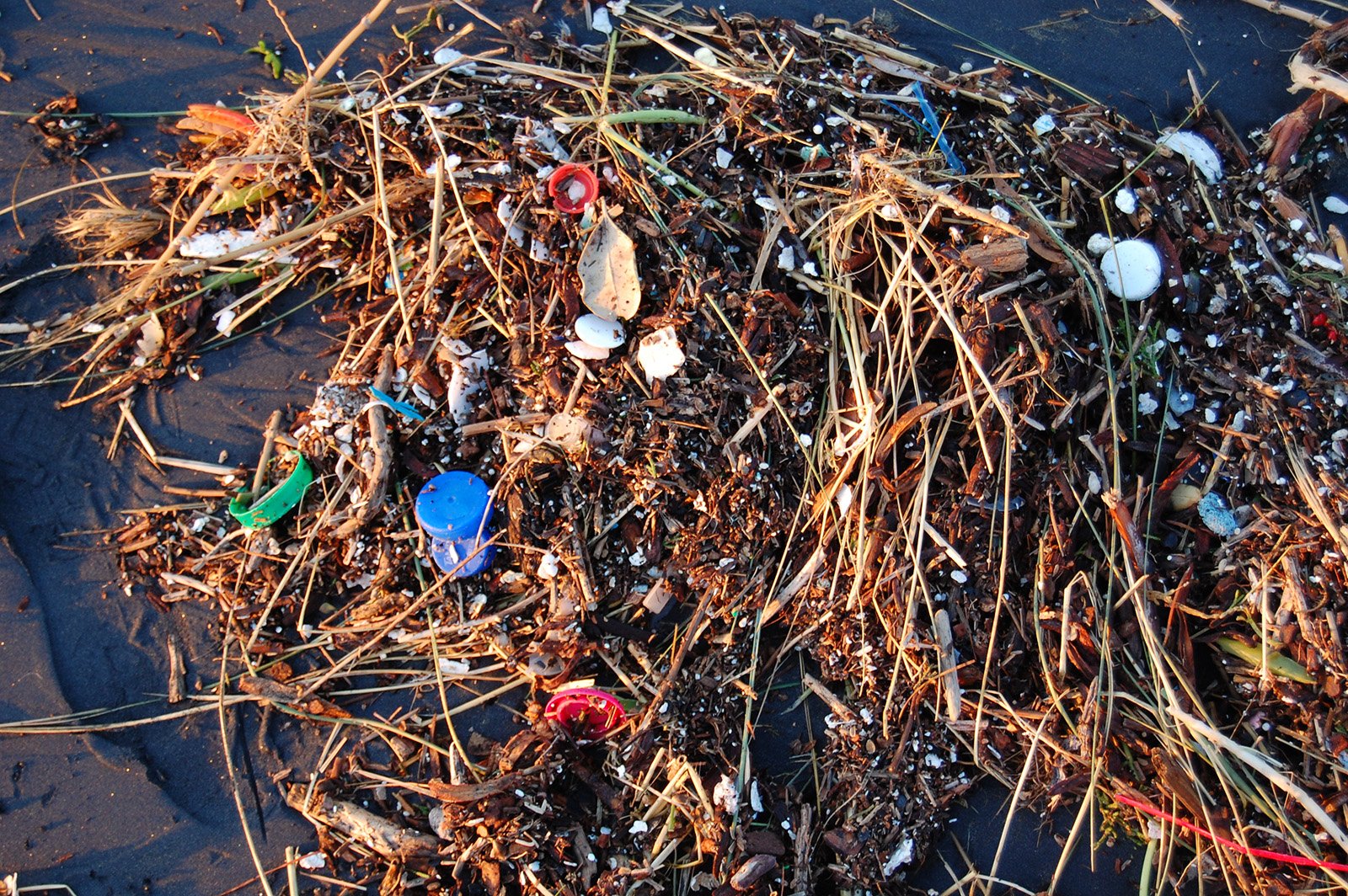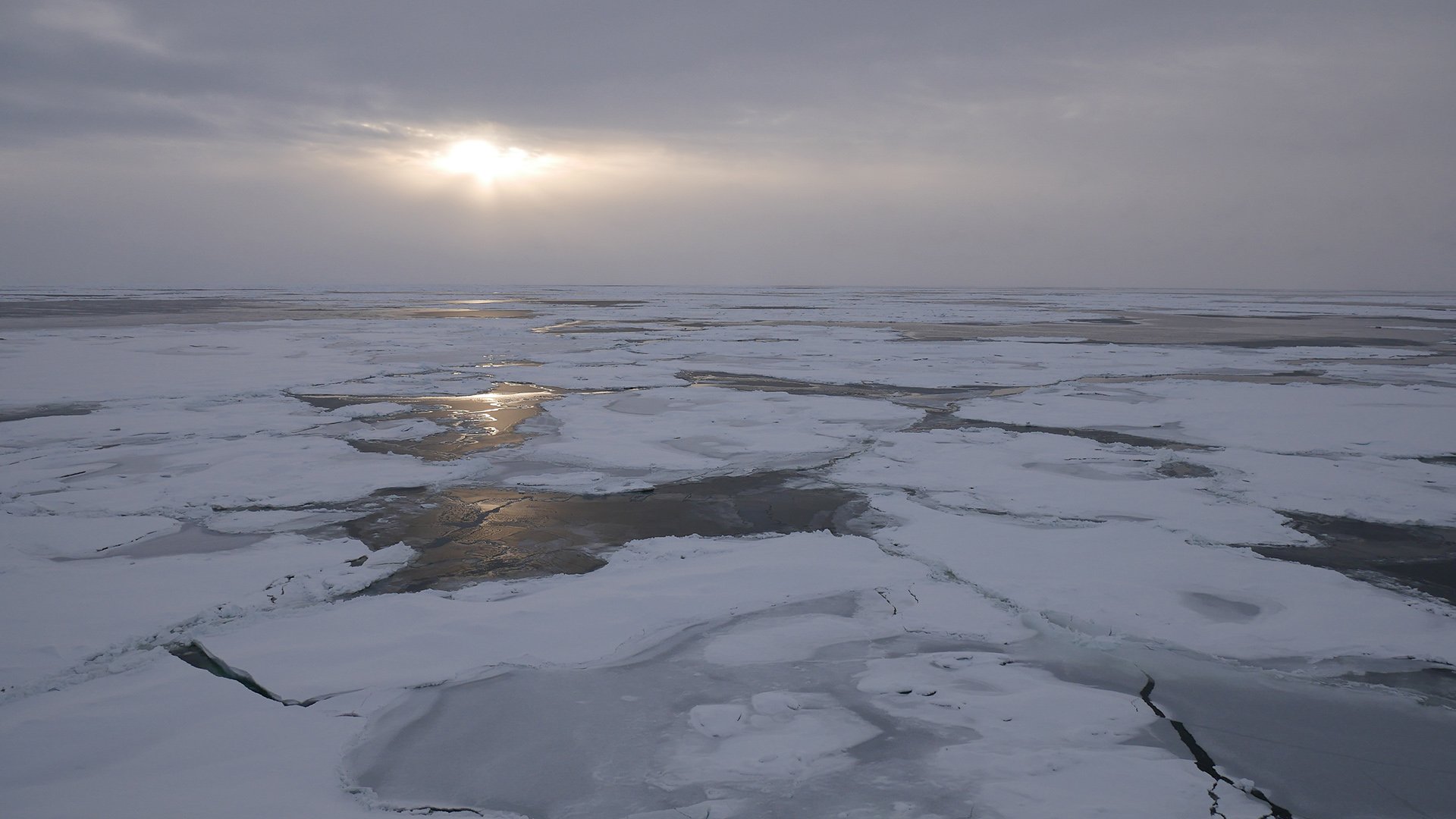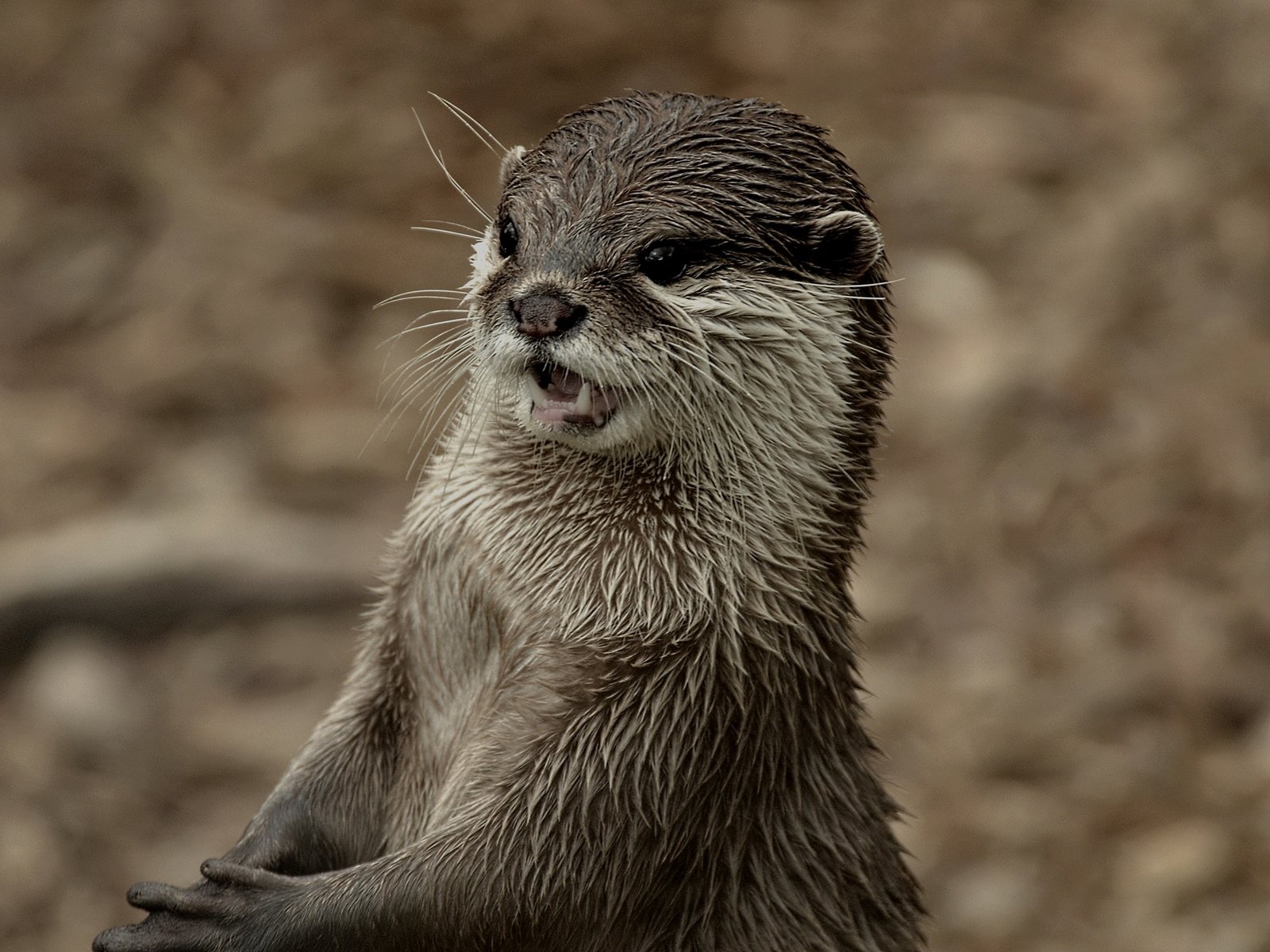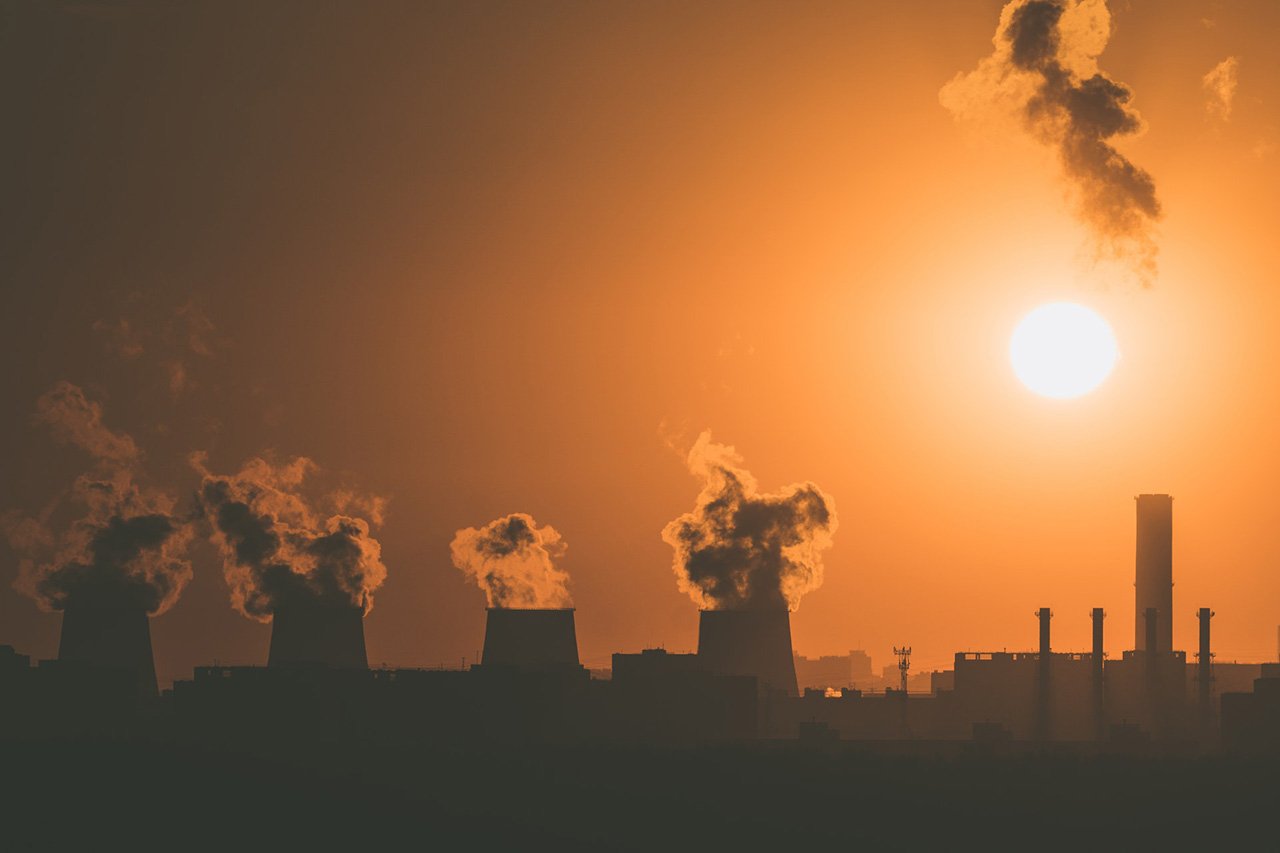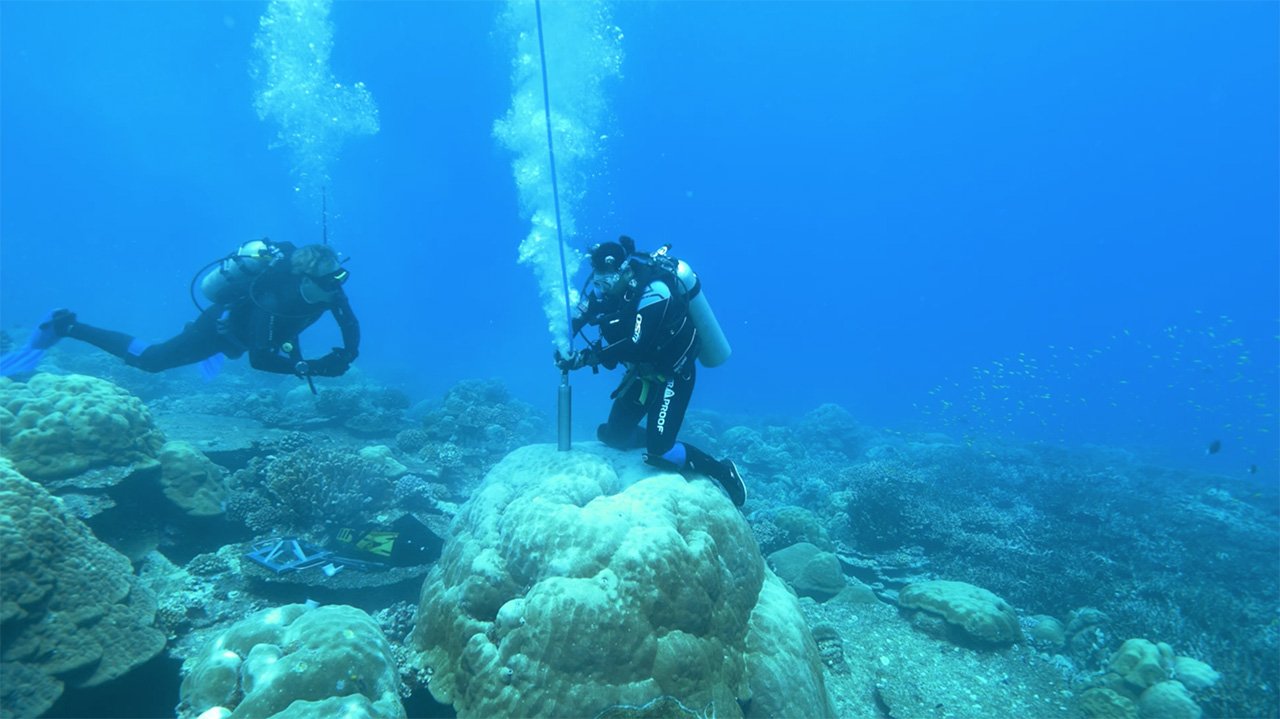Hunting responsible for mammal declines in half of intact tropical forests
Defaunation – the loss of species or decline of animal populations – is reaching even the most remote and pristine tropical forests. Within the tropics, only 20% of the remaining area is considered intact, where no logging or deforestation has been detected by remote sensing. However, a new study publishing May 14 in the open-access … Read more
